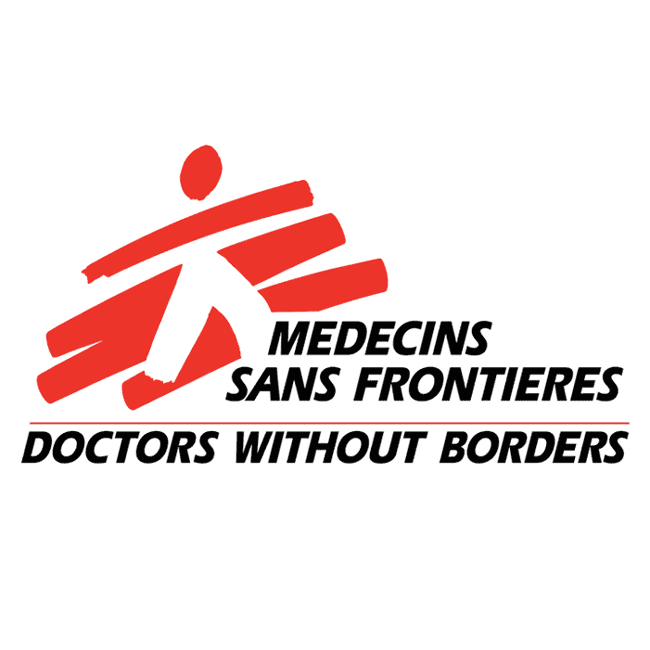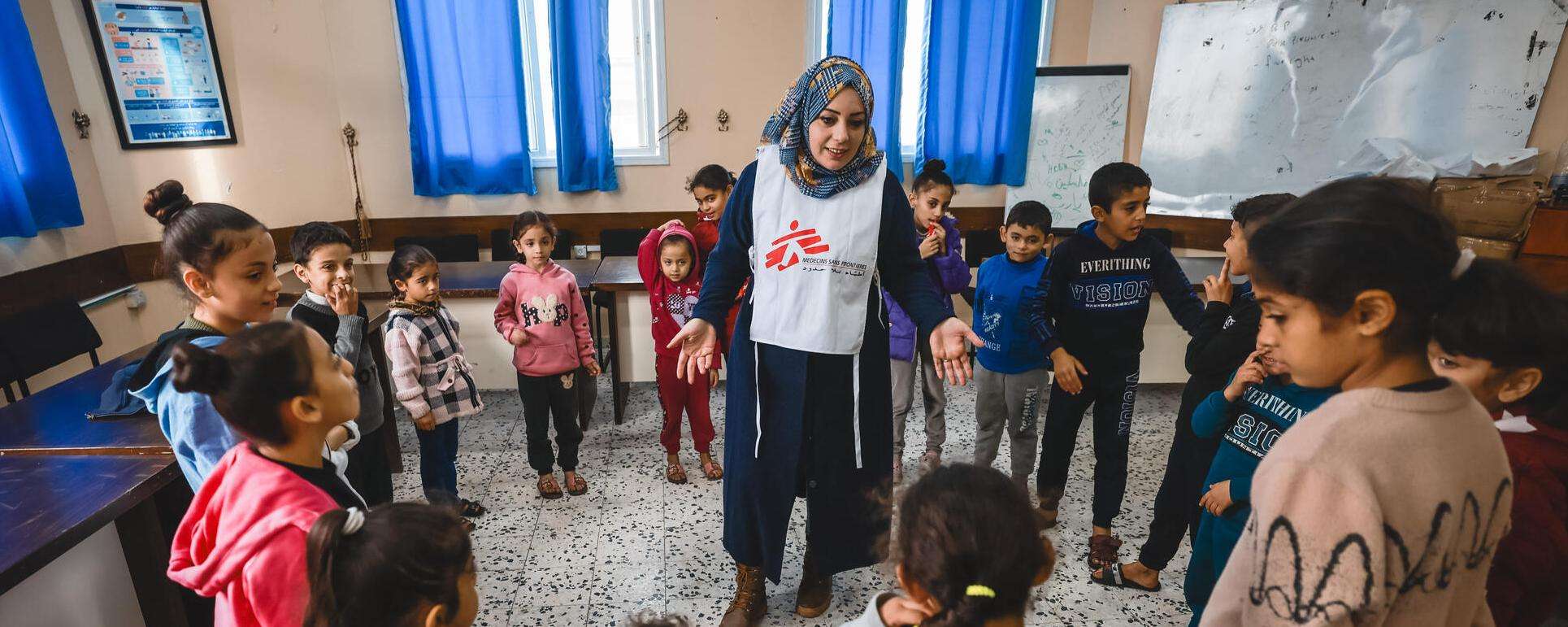Médecins Sans Frontières (MSF) teams in the Gaza Strip, Palestine, are facing critical shortages of essential medicines and equipment. Our teams have been unable to bring any medical supplies into Gaza since the end of April. The closure of the Rafah border crossing, following Israel’s offensive in the south of Gaza in early May, coupled with the endless red tape imposed by Israeli authorities, have dramatically congested the flow of humanitarian aid through the Kerem Shalom entry point.
This has led to massive queues of trucks and perilous delays in the delivery of humanitarian assistance across Gaza. Even when aid can finally enter the Strip, insecurity often does not allow humanitarian organisations to get it where it is desperately needed.
Despite medical needs skyrocketing across the Strip, without a significant refill of medical supplies in the coming days, MSF might have to stop or drastically reduce some of our medical activities in Gaza.
“Our medical supplies are critically low due to the limited flow of aid that is being allowed into Gaza by the Israeli authorities,” Guillemette Thomas, MSF medical coordinator in Palestine. “If we don’t manage to get medical supplies into Gaza very soon, we may have to stop our medical activities. This is an unthinkable reality given the desperate medical needs of thousands of people in Gaza.”
“We have patients with severe burns, open fractures, and we don’t even have enough painkillers to alleviate their suffering,” says Thomas. “In Nasser and Al-Aqsa hospitals, our teams have had to reduce the frequency of dressing changes for patients with severe burns due to the lack of sterile compress gauzes, without which could lead to more infected wounds.”


